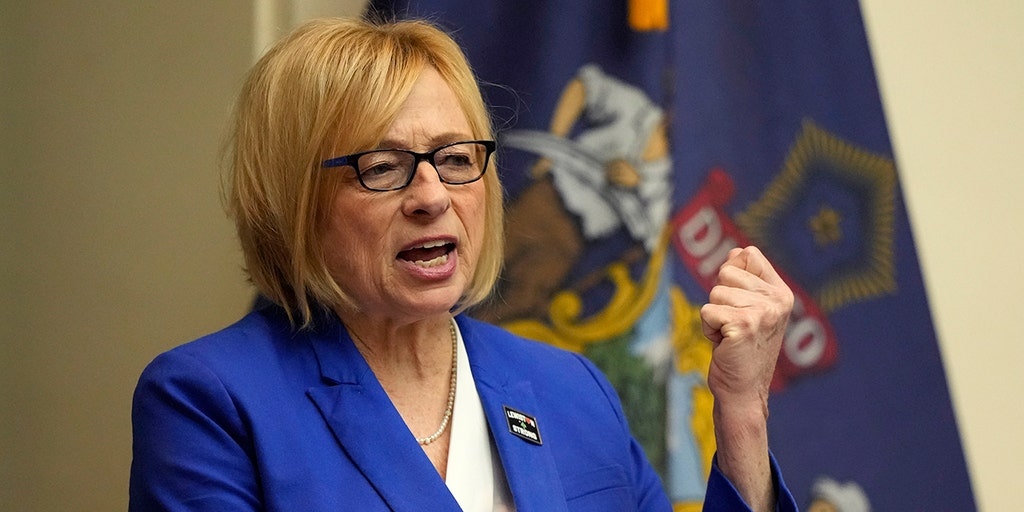Maine's Governor Warns of Potential Trump-Led Crackdown on Student Diversity Rights

Maine Governor Janet Mills is standing her ground against the Trump administration's aggressive investigation into the state's inclusive sports policies. The federal probe targets Maine's stance on transgender athletes, challenging the state's commitment to protecting the rights of transgender students in school sports.
In a bold move that underscores Maine's dedication to equality, Governor Mills has refused to back down from her position supporting transgender athletes' participation in girls' sports. The investigation, launched by the Trump administration, seeks to pressure Maine into compliance with a controversial executive order that would effectively ban transgender students from competing on teams aligned with their gender identity.
Mills has consistently argued that discrimination has no place in Maine's educational institutions. Her administration maintains that transgender students should have the same opportunities as their peers, including the right to participate in school sports that match their gender identity.
The federal investigation highlights the ongoing national debate surrounding transgender rights in athletics. While some argue for strict gender-based restrictions, Mills and her supporters believe that inclusivity and respect should be the guiding principles in school sports.
As the legal and political battle continues, Governor Mills remains resolute in her defense of transgender students' rights, sending a clear message that Maine will not compromise on its commitment to equality and inclusion.

